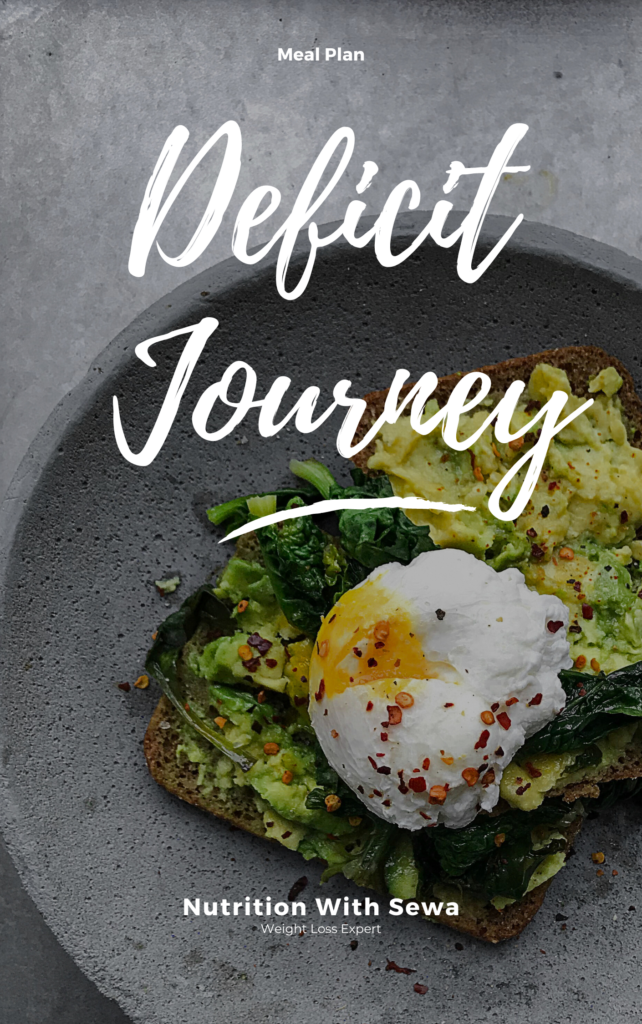Nutrition refers to the process of providing your body with the food necessary for health and growth. It encompasses the absorption and utilisation of nutrients such as carbohydrates, fats, proteins, vitamins, and minerals, which are essential for the maintenance of good health, energy production, and the normal functioning of the body.
We can not talk about weight loss without talking about nutrition as excess weight usually stems from overconsumption of calories. So to lose weight, we need to consume less calories and burn the excess stored in the body as fat. It’s technically possible to lose weight by simply eating fewer calories, regardless of the nutritional value of the food. However, this approach is not recommended as it can lead to nutrient deficiencies, decreased energy levels, poor health, and other problems. A balanced, nutritious diet is crucial for sustainable weight loss and overall health.
Understanding and being conscious of the nutritional content of food, including the caloric value, can help you create a caloric deficit which is essential for weight loss. The ratio of carbohydrates, proteins, and fats in your diet can affect your ability to lose weight. For instance, protein can help increase feelings of fullness and promote muscle retention during weight loss so you should take note of your protein intake.
An adequate intake of vitamins and minerals is crucial for a variety of bodily functions, including metabolism. Not paying attention to this could lead to certain life threatening deficiencies. Paying extra care is vital because a well-nourished body can support weight loss more effectively as compared to a sickly one.
A nutritious diet that is rich in whole foods like fruits, vegetables, lean proteins, and whole grains can help promote weight loss by keeping you full and providing the nutrients your body needs to function optimally.
Losing weight is not enough.
You also want to keep the weight off. Proper nutrition can help maintain stable blood sugar levels, which can reduce cravings and help with weight management even after hitting your target weight. Moreover, a diet lacking in nutrition can also lead to loss of muscle mass instead of fat, which is not desirable as it can slow down metabolism and make it harder to maintain or continue losing weight. Therefore, it’s always advisable to focus on nutrition while attempting to lose weight, to ensure that the weight loss is healthy and sustainable.
The food classes and what to look out for:
Protein: Protein is essential for muscle repair and growth, and can also help increase feelings of fullness.
Carbohydrates: Carbs are the body’s primary energy source. Opt for complex carbohydrates like whole grains, fruits, and vegetables which provide sustained energy.
Fats: Healthy fats are necessary for hormone production including hormones like leptin and ghrelin that regulate hunger.
Micronutrient Intake: Ensure you’re getting a variety of vitamins and minerals to support your metabolism and overall health.
Fibre: Fibre can help you feel full, making you less likely to overeat. It also supports a healthy digestive system.
Hydration: Drinking plenty of water can help with weight loss by promoting fullness and increasing metabolism.
Everyone’s body reacts differently to different foods and diets. We aim to help you hit their weight loss goals by creating personalised nutrition plans that align with your weight loss goals and lifestyle.
Contact us today for a balanced approach to weight loss that promotes long-term success and overall well-being!

